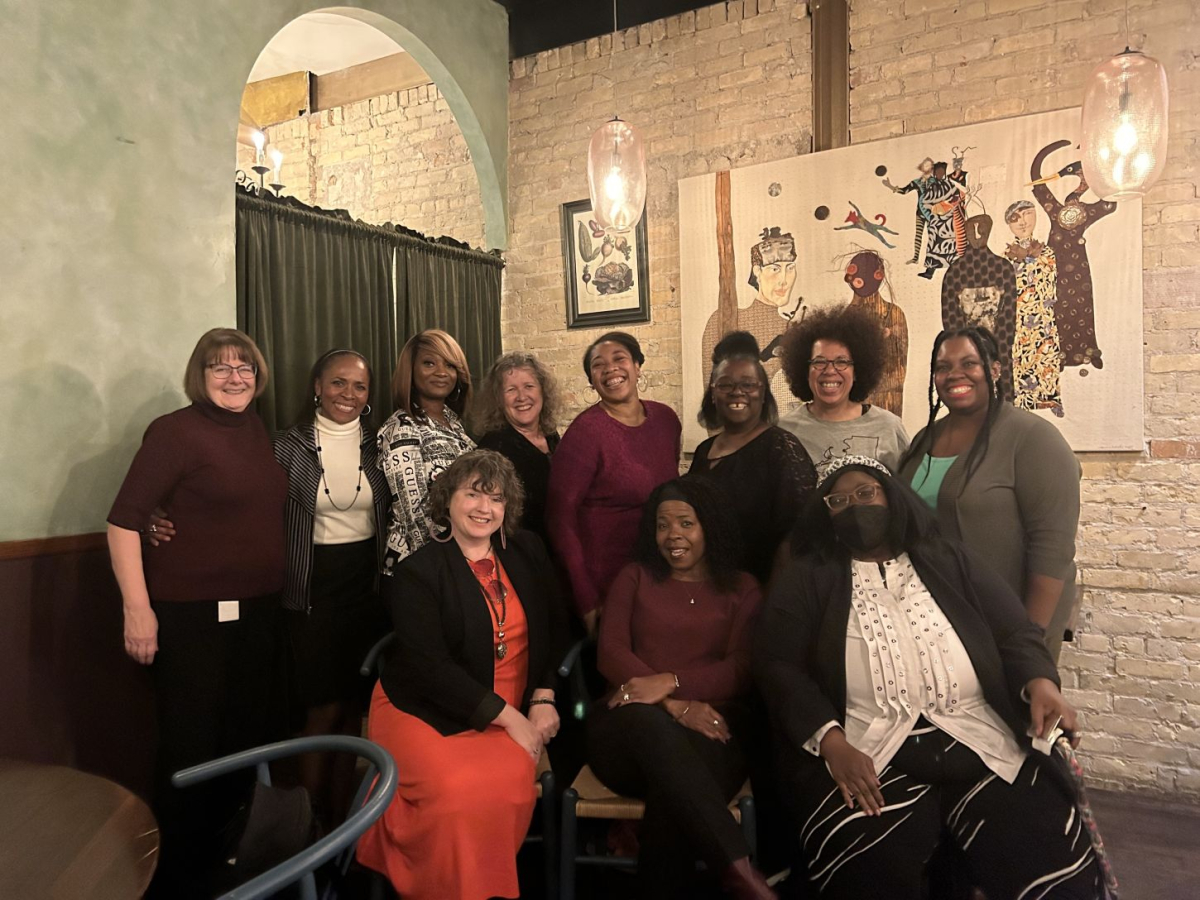Introduction
In November, we hosted our inaugural “Let’s Talk Money” event. The idea and sponsorship came from Joan Gilles, a long-time supporter of Minnesota Women’s Press, who wanted to bring together a diverse group of women to discuss financial topics often left unspoken. As a financial planner, Gilles understands the challenges women face in addressing individual and collective financial needs.
Bringing Women Together
A small group gathered for a 2.5-hour conversation at an Uptown restaurant owned by entrepreneur Kim Bartmann. The attendees included members of the Minnesota Women’s Press team, women re-entering society after incarceration, foster care leaders, a high school financial literacy teacher, and representatives from the Association of Black Economic Power (ABEP), which is launching a Black-led credit union. Future discussions will delve into entrepreneurship, long-term investments, and financial literacy for youth.
Key Discussion Topics
Addressing Financial Trauma and Youth Literacy
The group explored how to provide financial education for children from families that have experienced financial trauma. Many participants shared that they lacked role models to teach them about credit, savings, and stable housing. Future discussions will focus on developing a financial literacy system for those who don’t receive it at home or school.
Finding Passion and Purpose
Karen Washington of ABEP emphasized the importance of finding passion and purpose for financial and emotional success. She encourages people to discover what excites them, viewing career and education as a journey of discovery rather than a fixed decision.
Re-entry Challenges
Deneal Trueblood-Lynch, a re-entry facilitator with Goodwill, highlighted the difficulties faced by clients returning to society after long incarcerations. These individuals often struggle with outdated clothing and a small “gate fee” to start over, making it challenging to avoid falling back into old habits.
Financial Goals and Self-Care
Supporting Young Leaders
Lola Adebara, founder of Partnerships for Permanence, works with high-achieving young leaders with foster care experience. Through the Leaders Changing the System program, these women set goals and overcome financial barriers with support from a network of professionals.
Self-Care and Financial Stability
One participant noted the importance of self-care for those from difficult backgrounds, emphasizing that treating oneself, like getting nails done, should not be a source of guilt. Financial stability also involves recognizing the need for personal well-being.
Challenges and Generational Wealth
The Sandwich Generation
Many women discussed the pressures of being part of the sandwich generation, caring for both children and aging parents. Balancing these responsibilities often leaves little time for self-care, creating significant stress.
Impact of Generational Wealth
There is a notable gap in understanding the security provided by even modest generational wealth. Families who benefited from post-war government support for homeownership and education passed these advantages to future generations, while others had fewer opportunities.
Lessons Learned
Financial Literacy for All
Participants shared what they wished they had known earlier, such as the difference between wants and needs, how compound interest works, and the importance of socially conscious investing. Recognizing the need for help in achieving financial stability is essential.
Practical Solutions
Intergenerational Care
Encouraging multiple generations to participate in caregiving roles can prevent burnout and foster dignity in service. Asking for specific help is crucial to maintain balance.
Financial Habits
Automating bill payments and savings can simplify financial management. Regularly checking budgets, similar to exercise routines, helps maintain financial discipline.
Smart Investments
Gilles pointed out that women are statistically better investors but often fear taking risks. Investing even small amounts, like $25 a month, can significantly impact long-term financial health.
Home Savings Strategies
Investing in a Roth IRA can be an effective way to save for a home, allowing for tax-free withdrawals after five years. Avoiding PMI by aiming for a 20% down payment, or removing it once sufficient equity is built, is a practical tip.
Estate Planning
Discussing capital gains and estate planning with a financial planner can provide significant benefits. For example, a Transfer on Death Deed can avoid probate and offer tax advantages to beneficiaries.
Education and Career Paths
Gilles recommended prioritizing retirement savings over funding children’s education directly, instilling responsibility in the process. The 529 Plan is a valuable tool for saving for education, including trade schools.
Community Land Trusts
These trusts enable collective land purchases, making homeownership more affordable and building shared equity among community members.
Future Plans
Plans are underway to continue “Let’s Talk Money” discussions. Those interested in participating can contact [email protected] to join the conversation.
Conclusion
By fostering open discussions about money, we can empower women to make informed financial decisions and support each other in achieving financial independence. These conversations are essential for breaking down the taboo around money and building a more financially literate community.

